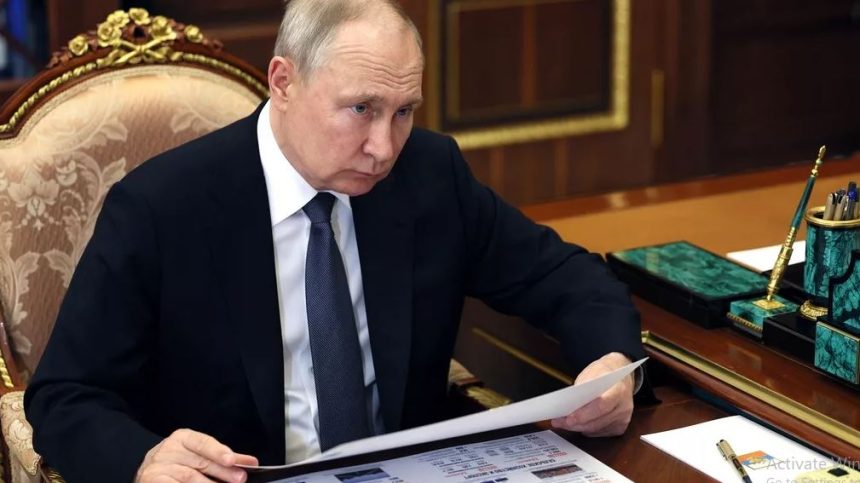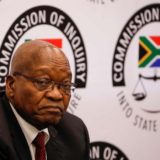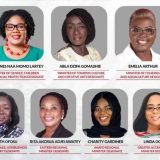The BRICS organisation, which presently comprises of five countries, has received applications from about twenty different countries, and an equivalent number of other countries have expressed interest, according to South Africa, which is holding its next summit.
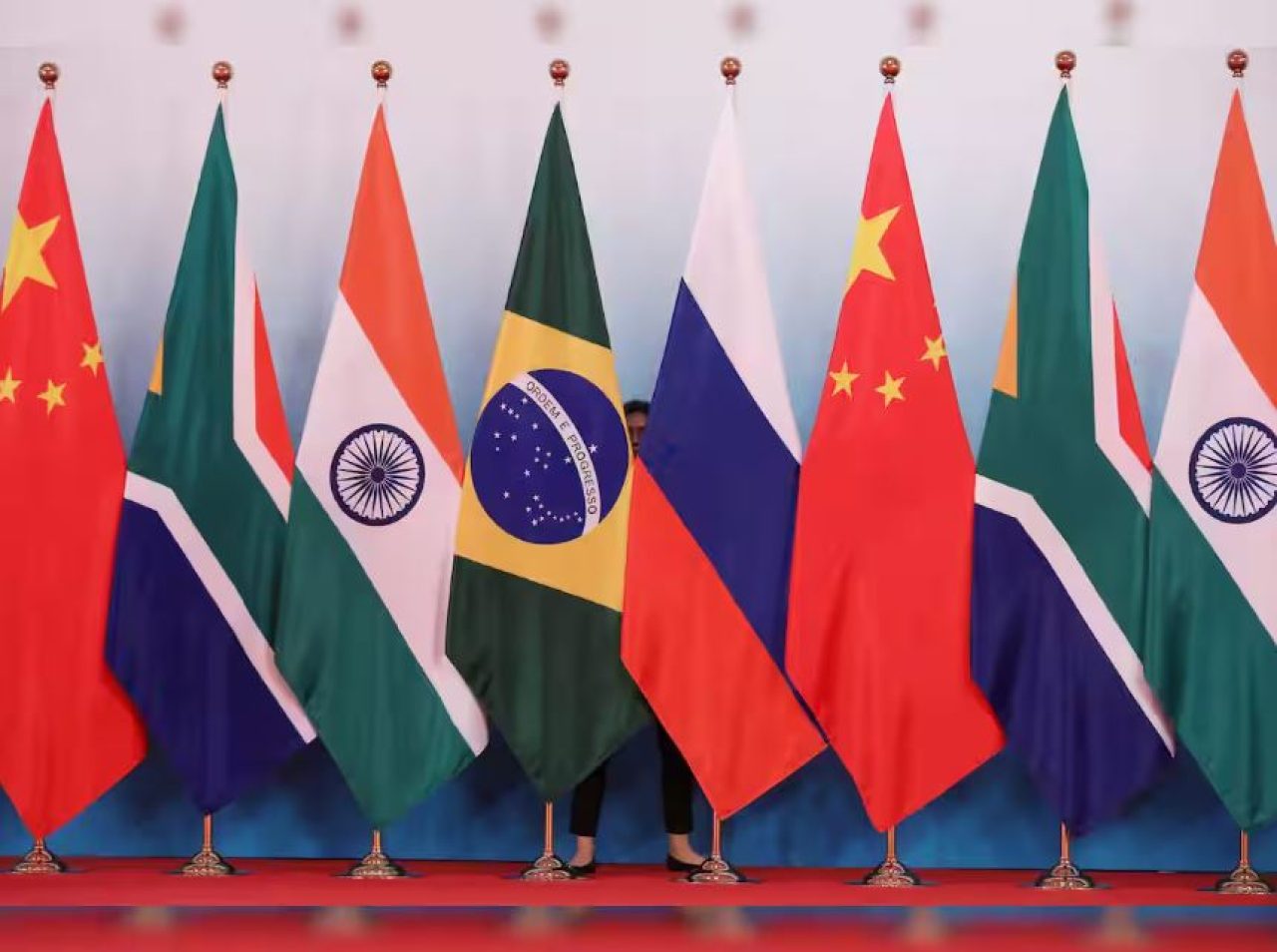
The BRICS group, which consists of South Africa, Brazil, China, India, and Russia, said that it was open to potential growth in international institutions that have previously been dominated by the United States and Europe.
“Twenty-two countries have formally approached the Brics countries to become full members of the group, and there is the same number of countries that have informally enquired about becoming Brics members”, said South Africa’s ambassador-at-large for Asia and the BRICS, Anil Sooklal.
Iran, Argentina, Bangladesh, and Saudi Arabia are just a few of the nations that have publicly or informally expressed an interest in joining the BRICS, according to him.
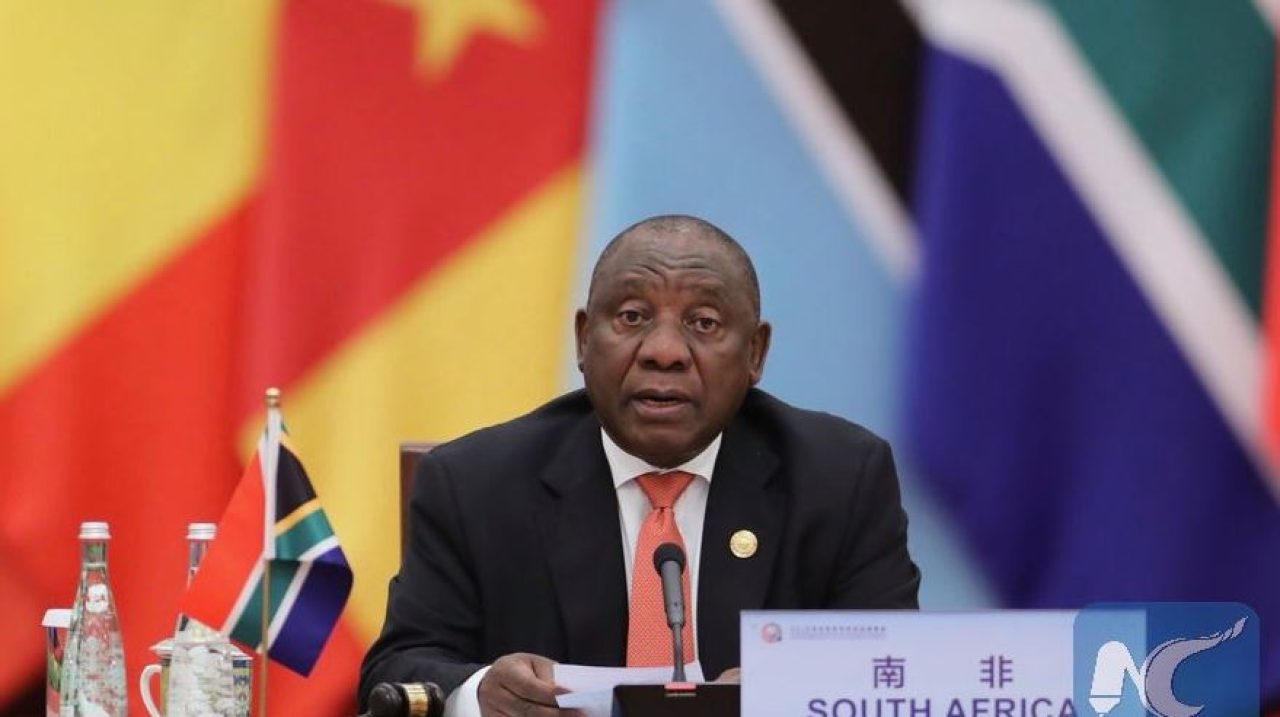
At a news conference in Johannesburg, he noted that while the growing interest in the Brics group is “nothing new,” it highlights the “confidence” in the work that the Brics have “championed” since the group’s founding.
According to Mr. Sooklal, the BRICS are also influencing events in the global economic sphere. “The BRICS are not only the driving force of global strength in trying to change the fault lines in terms of global politics,” he added.
“The current global architecture continues to be unequal, continues to marginalize developing countries (…) and continues to be dominated by a few hegemonies. We want a world where our voices are heard”, he told AFP.
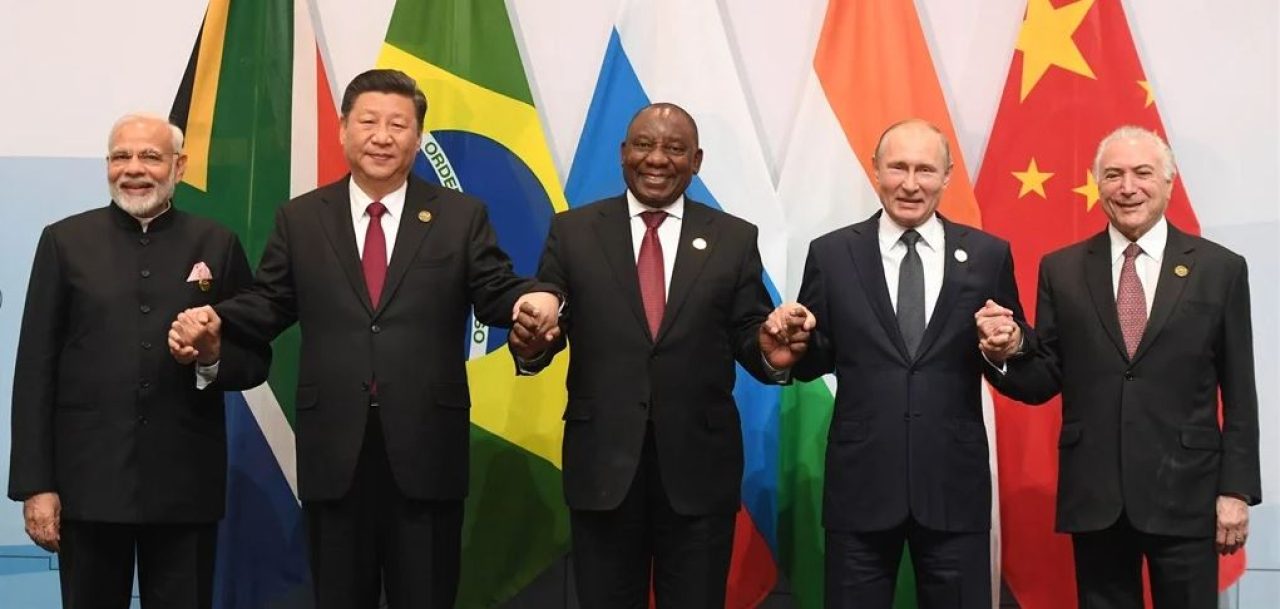
Their following summit is scheduled for August 22–24 in Johannesburg, and 69 nations, including African nations, have been invited. Emmanuel Macron, the president of France, has requested to attend the meeting, but nothing has been decided as of yet.
Anil Sooklal remarked that South African Foreign Affairs Minister Naledi Pandor “is in charge of this procedure,” adding that the BRICS is a consensus organization and that there must be consultation.
According to the summit’s official website, the group of five developing countries, which was formally established in 2009, now represents 42% of the global population and 23% of the world’s GDP.
